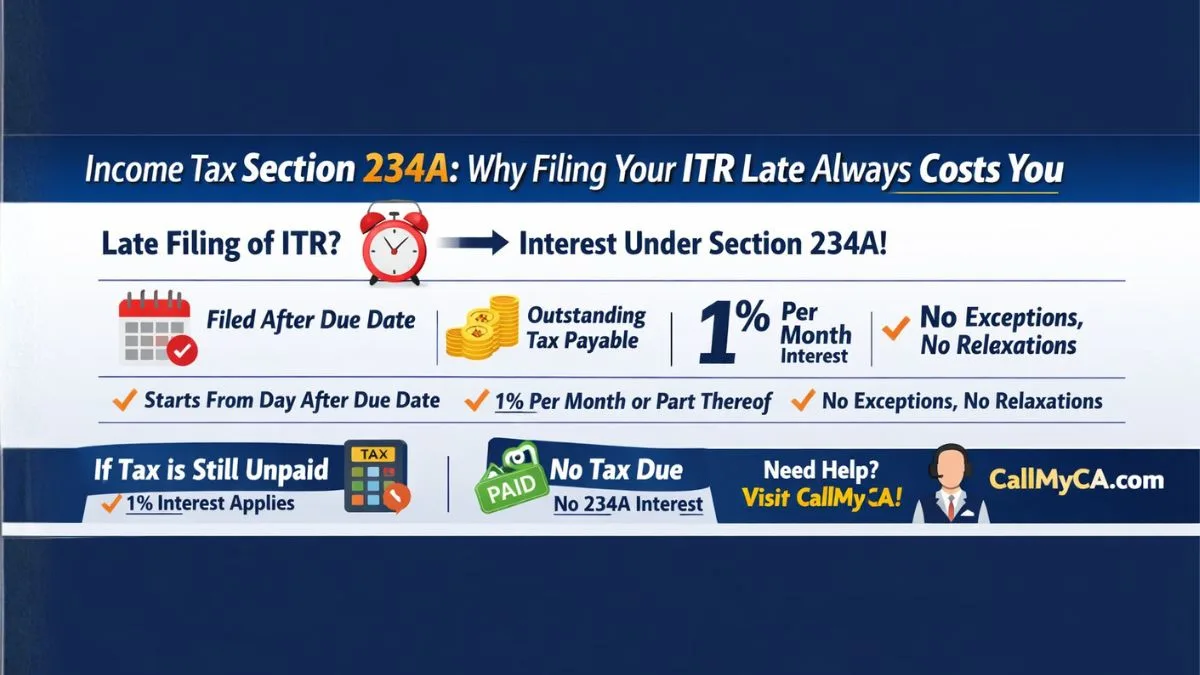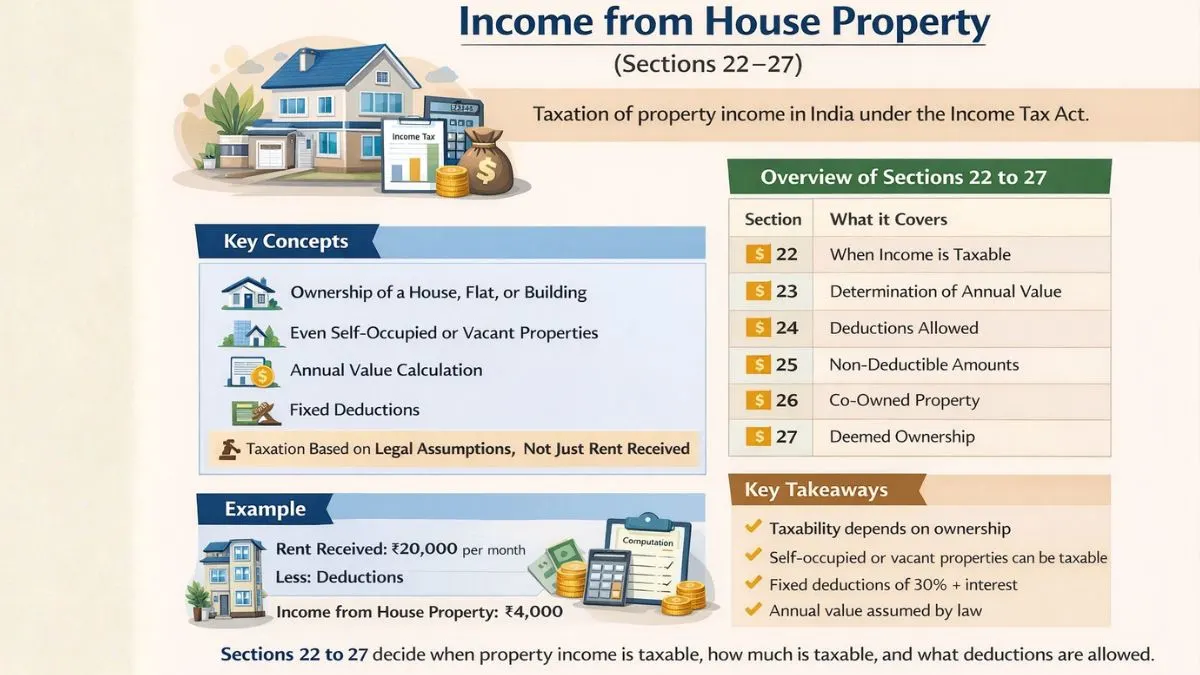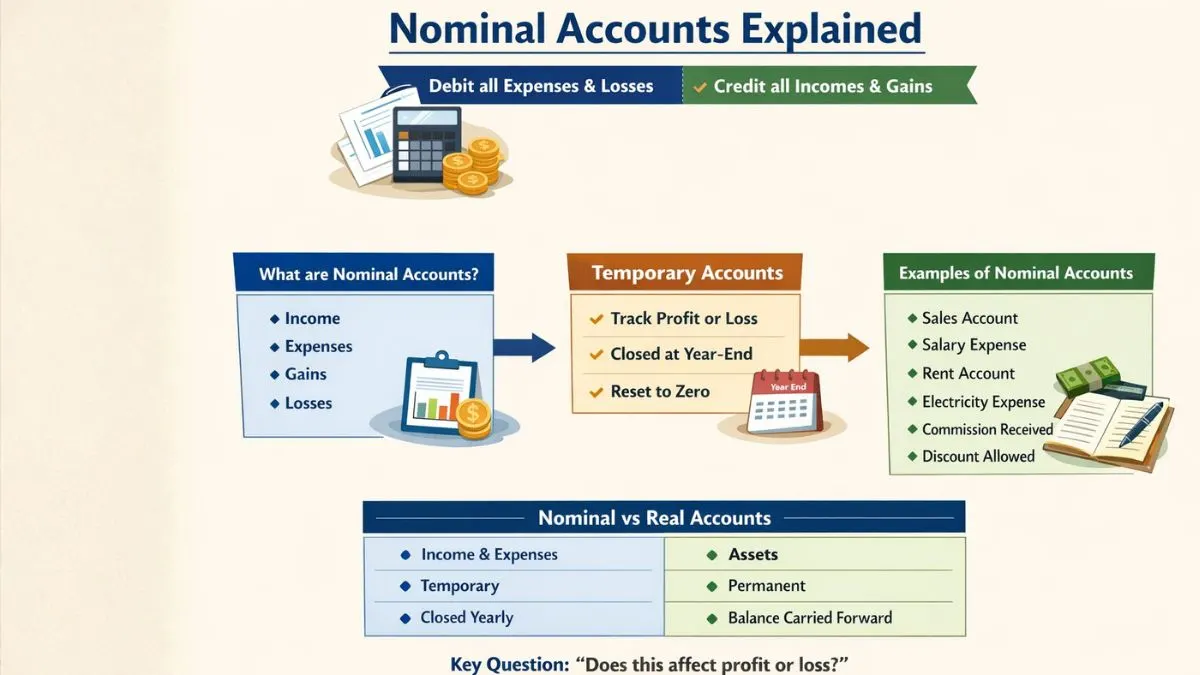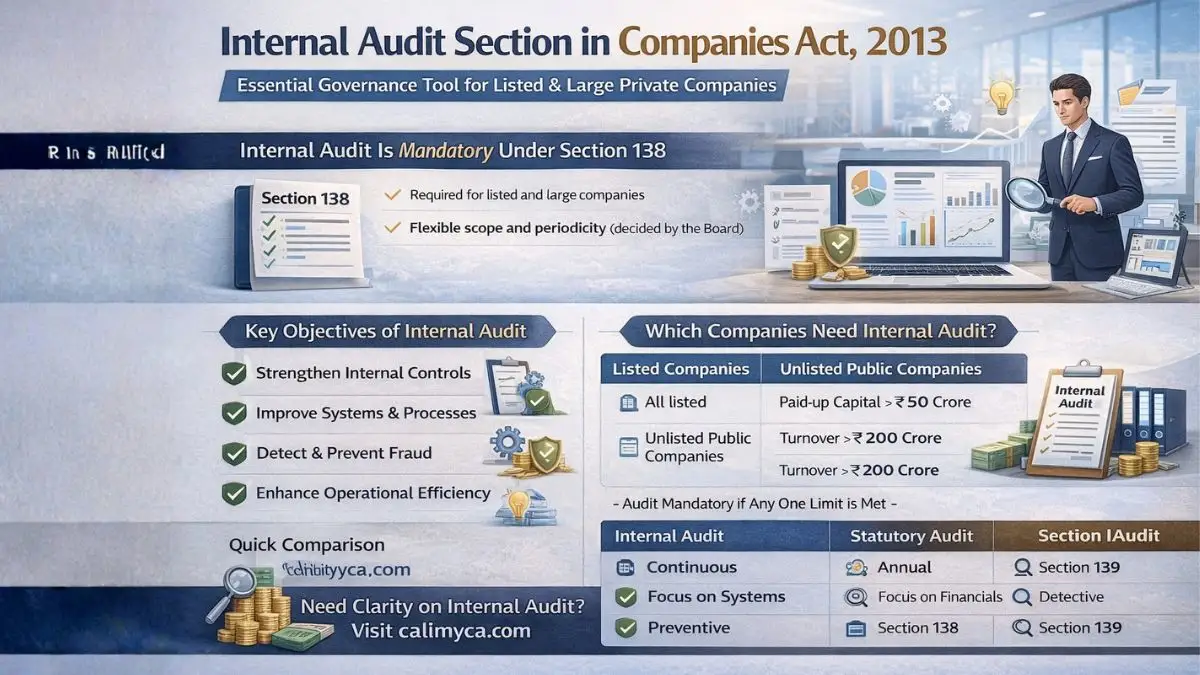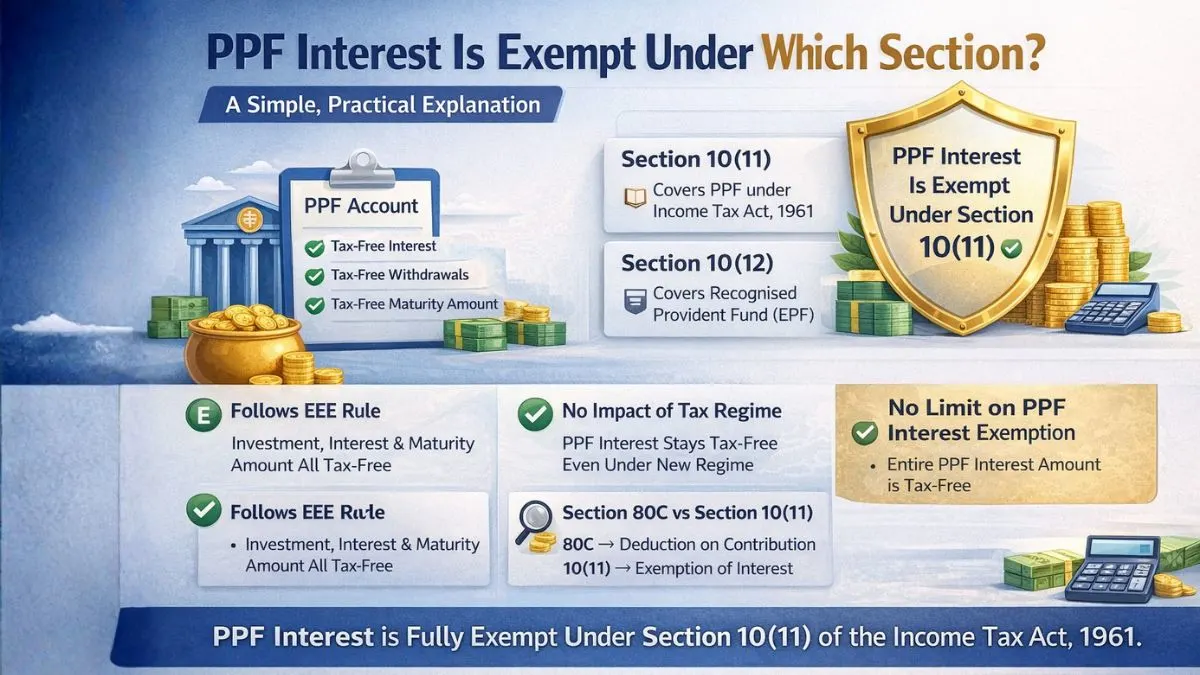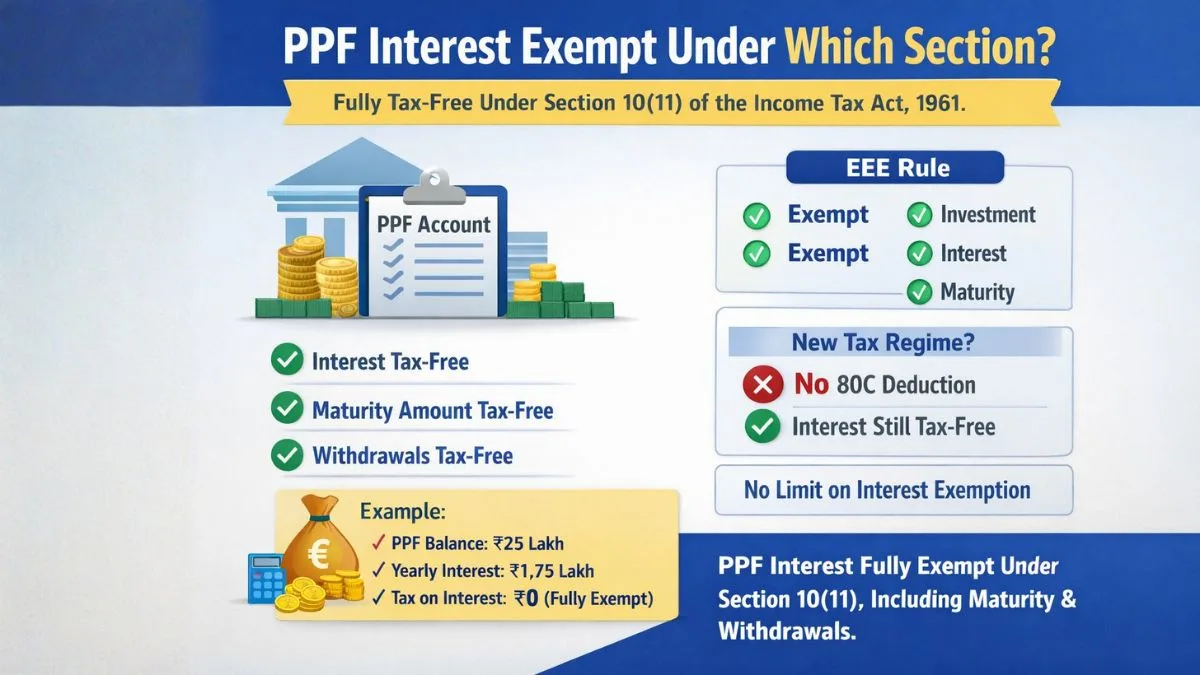
Double taxation is one of the most frustrating issues faced by individuals earning income from foreign sources. Thankfully, the Income Tax Act, 1961, provides remedies to avoid this unfair burden. Section 91 of the Income Tax Act is one such provision that provides the framework for unilateral relief, especially when there's no tax treaty between India & the foreign country.
Let’s explore in detail how this works & how one can claim relief under Section 91 of the Income Tax Act.
What is Section 91 of the Income Tax Act?
Section 91 comes into play when a resident individual earns income from a country with which India does not have a Double Taxation Avoidance Agreement (DTAA). Since both countries may levy tax on the same income, Section 91 of the Income Tax Act, 1961, provides unilateral relief—that is, relief granted even when there's no bilateral treaty in place.
This provision ensures that an assessee does not suffer taxation on the same income twice, promoting fairness & preventing tax hardships.
Who Can Claim Relief Under Section 91?
To avail of relief under this section:
- The taxpayer must be a resident in India during the relevant previous year.
- The income must be earned & taxed in a foreign country.
- No DTAA should exist between India & that foreign country.
- The taxpayer must have paid tax on that income in the foreign country.
In other words, the relief is available only to Indian residents & only when income is doubly taxed without the backing of a DTAA.
Computation of Relief Under Section 91 of the Income Tax Act
The computation of relief under Section 91 of the Income Tax Act is based on a simple formula. The assessee is allowed a deduction of the lower of:
- The income tax paid in the foreign country, or
- The Indian income tax is payable on such doubly taxed income. "
Let’s understand this with a basic example.
Example:
- An Indian resident earns ₹5,00,000 from a country that does not have a DTAA with India.
- That country levies tax @ 15%, so the taxpayer pays ₹75,000 there.
- In India, the applicable tax rate on this income is 20%, so the Indian tax liability is ₹1,00,000.
In this case, the individual will get a relief of ₹75,000 under Section 91, as it is the lower of the two taxes.
Important Considerations
- The relief under section 91 can be claimed only if taxes are paid in the foreign country.
- The income must be included in the total taxable income in India.
- Proper foreign income proof & tax payment certificates must be maintained.
- This relief is available even if the income is taxed in India under different heads (like salary, business, or capital gains). "
Documentation Required
To claim relief under Section 91 of the Income Tax Act, ensure you keep the following:
- Proof of income earned abroad.
- Proof of taxes paid in the foreign country.
- Certificate from foreign tax authorities (if available).
- PAN, return acknowledgement, & computation sheet for the Indian ITR.
Common Scenarios Where Section 91 Applies
- Freelancers receiving payments from international clients based in non-DTAA countries.
- Dividend or royalty income earned abroad.
- Rental income from foreign property.
- Salaries paid by overseas employers where no tax treaty exists.
In all such cases, Section 91 provides much-needed relief to Indian residents, especially in a globally connected world where digital income sources are on the rise.
Benefits of Section 91 of the Income Tax Act
- Prevents double taxation even without a DTAA.
- Encourages individuals to disclose foreign income without hesitation.
- Supports India's growing population of remote workers, freelancers, & NRI returnees.
- Works across various income heads—business, profession, salary, & even capital gains.
Final Words
In today’s interconnected economy, earning income from across borders is increasingly common. The Income Tax Act, 1961, recognises this through provisions like Section 91, ensuring taxpayers are not punished with double taxation. If you’re an Indian resident with foreign-sourced income from a non-DTAA country, understanding & applying Section 91 of the Income Tax Act is a must for smarter tax planning.
Want to ensure you claim your foreign tax relief correctly & legally? Let our experts at Callmyca.com handle your ITR—one mistake can cost you big. Click now & let’s get your taxes sorted!

